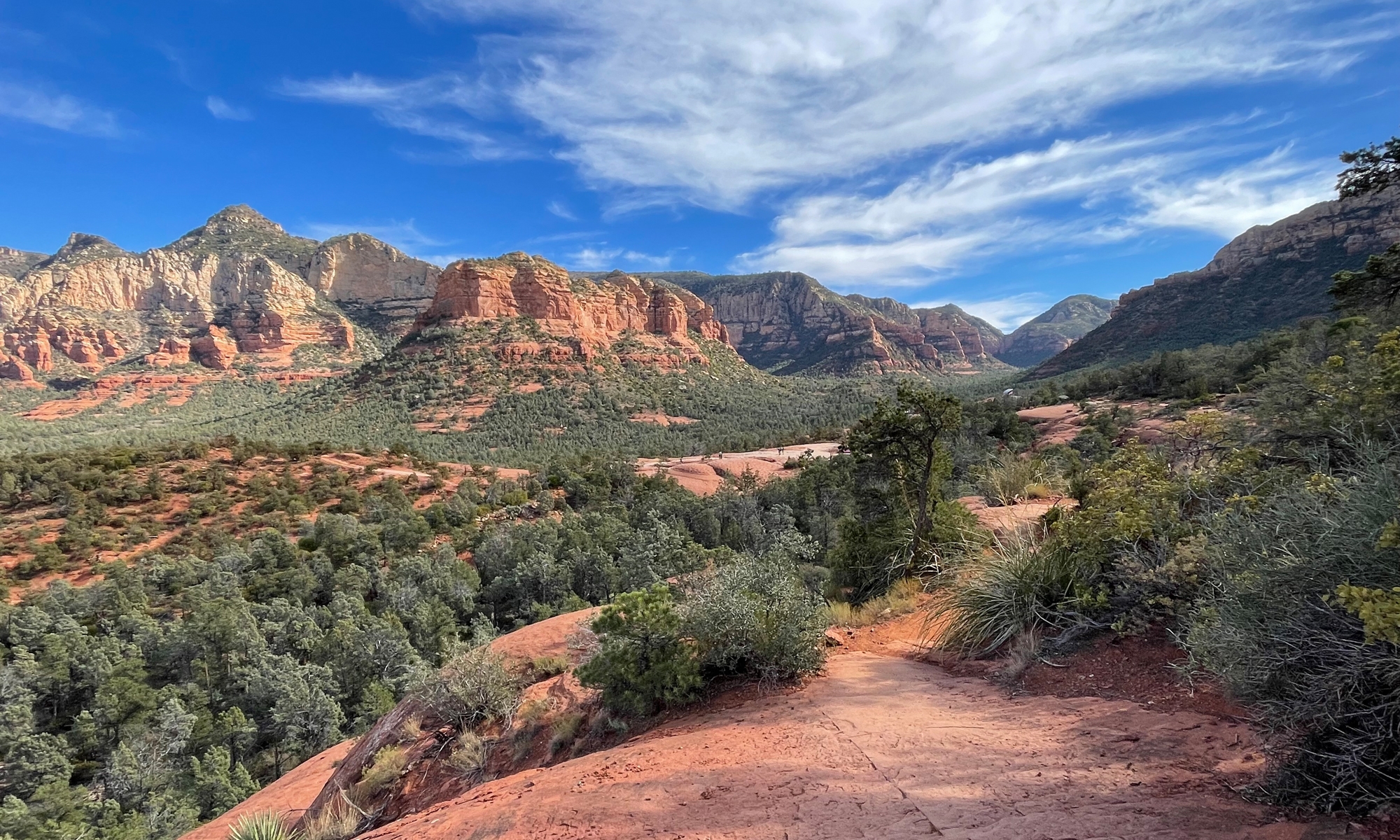This past week was a tough one for me. A month or so ago, we learned that our friends Amy and Zephyr would be moving to Arizona at the end of the month.
What was supposed to be a farewell on Friday, which I was dreading, turned into a Saturday morning goodbye. It was later than expected, but not any easier. They’d both become part of our lives over the last year and a half, and now they are gone.
It’s a bright new beginning for Amy, but we will miss our funny, cute, smart little friend.

Full disclaimer… I wrote the above on Monday. That’s as far as I got before the tears started. He’s a special little dog. His mama, Amy, always said he helped her through lots of difficult times. I can see why. He made us laugh. A lot. And laughter is really good medicine.



We met Zephyr and Amy in May 2019 when we crossed paths during a dog walk. At the time, she and Zephyr lived across the street from us.
I like people, and am a sucker for cute dogs, so we started chatting. The dogs really seemed to like each other. When I learned that Amy was a firefighter and was looking for a dog sitter, I volunteered to let Zephyr hang out with us while she worked.
He fit right in and we all became fast friends. We were blessed to have them in our lives for a year and a half.

To be honest, I’m not sure who is going to miss him the most, Belle, Mike, or me.
